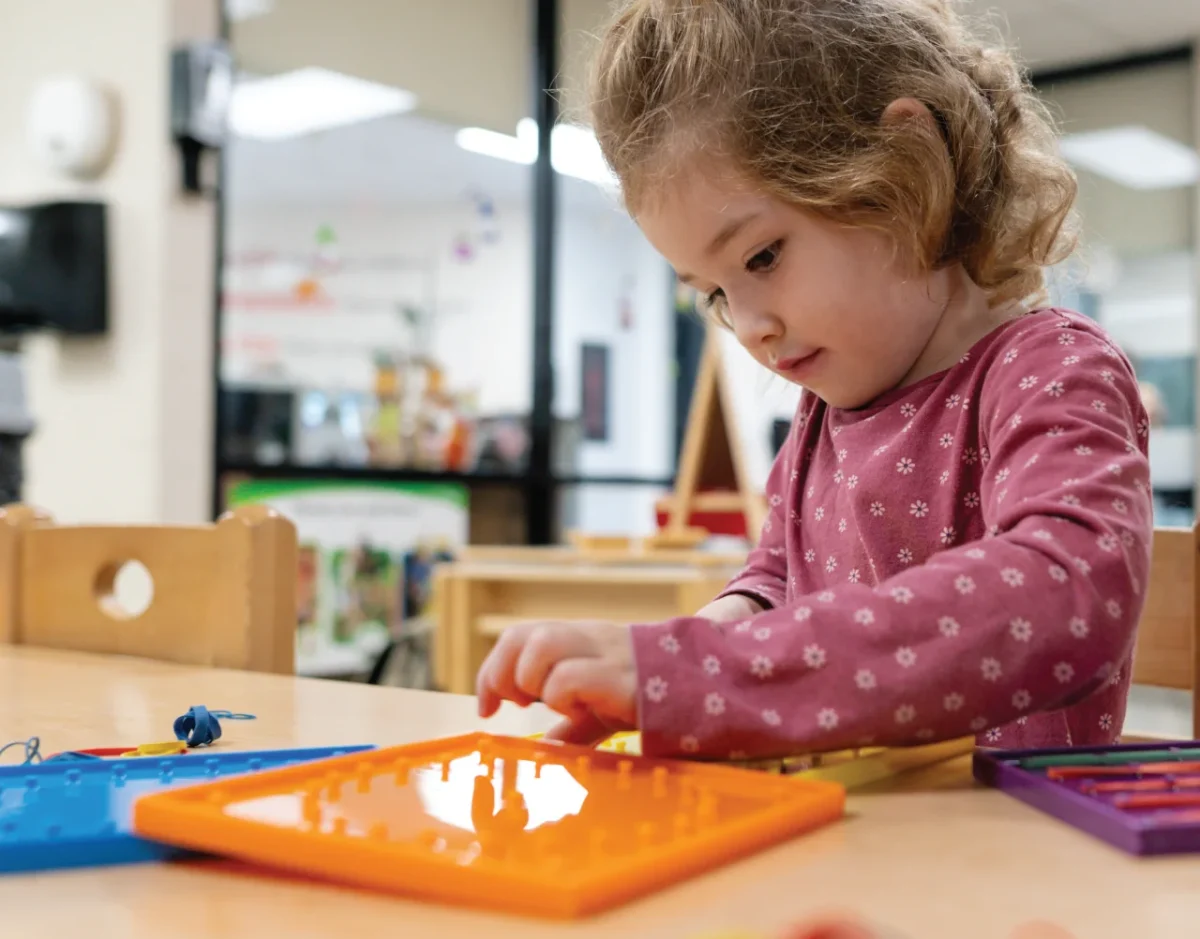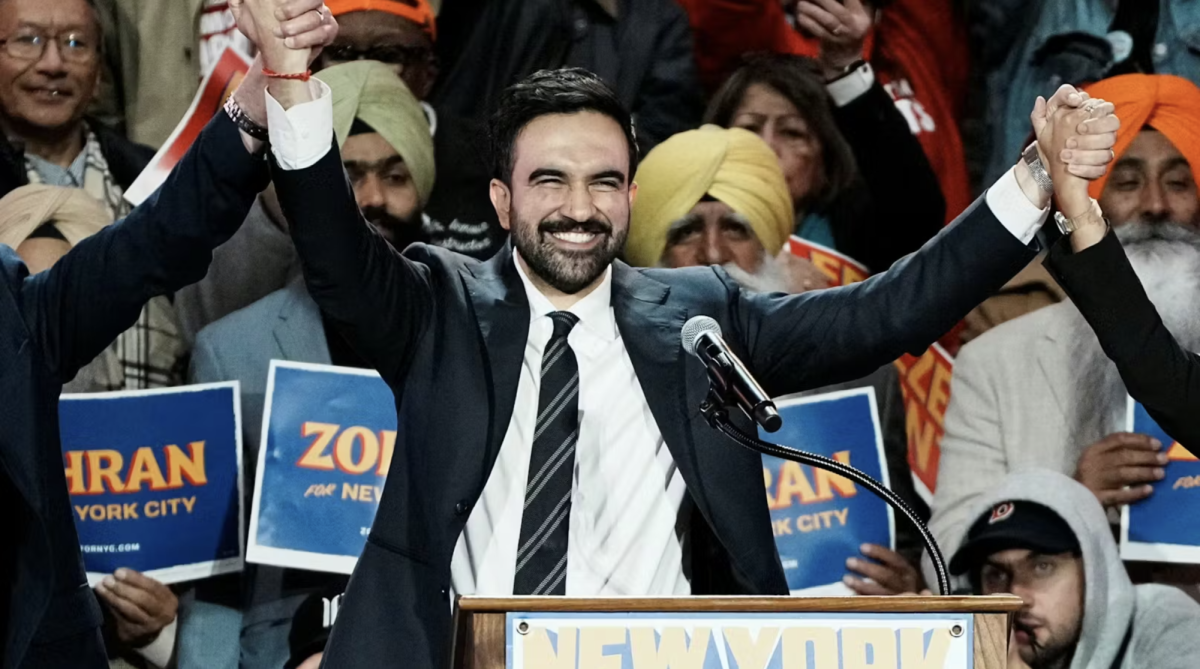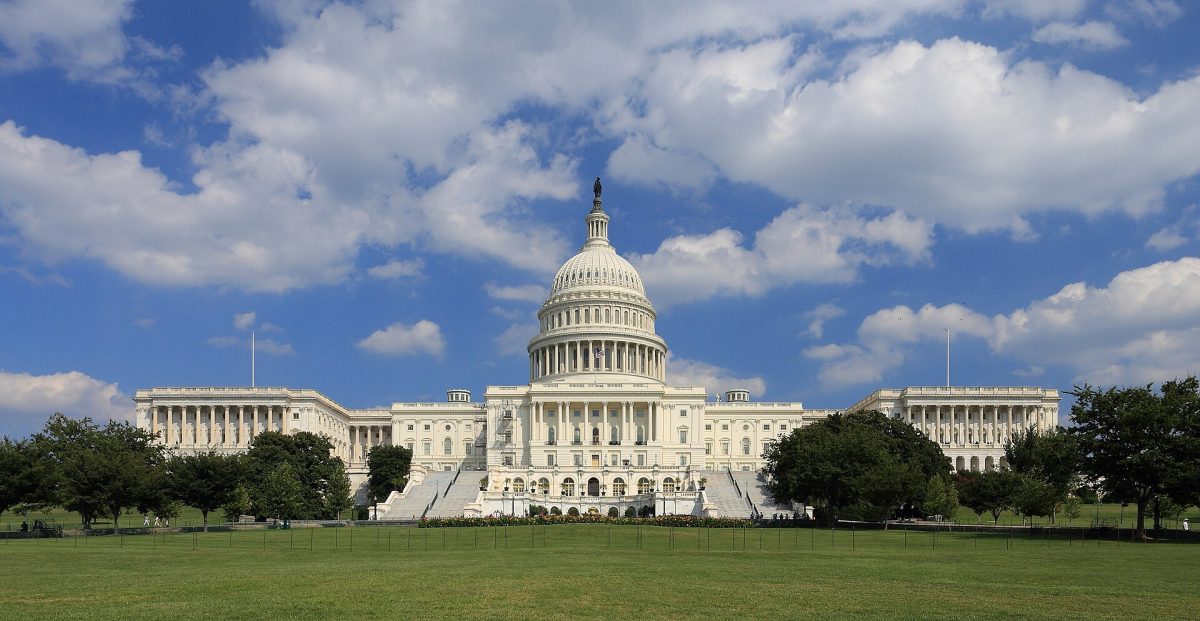Although the New York City regents have been a part of the high school curriculum for a long time, they are continuously criticized for lack of applicable real-world skills. Experts should add different subjects to the exams to expand the material.
According to the New York State Department of Education, “Regents Examinations are achievement tests that are aligned with New York State’s learning standards.” However, many students found that being tested on trigonometry, chemistry and physics doesn’t provide them with useful skills when they enter the workforce.
The Blue Ribbon Commission on Graduation Measures believes that including courses in civic responsibility, cultural competence, financial literacy and fine and performing arts would provide a multitude of benefits for students as they’d be able to learn more expansive subjects that can benefit them in the future.
Civic responsibility would concentrate on community service values and encourage active participation in public affairs, while cultural competence would immerse students in a wide range of cultures around them, which is imperative in a diverse city such as NYC. In addition, financial literacy is extremely important, teaching students valuable skills such as budgeting and investing.
While adding these subjects would aid students, education experts should consider how NYC public schools are affected by a lack of resources. With a depletion of teachers and classrooms, the suggested material can present a challenge for districts that are already facing shortages.
Creating a wider range of classes will require hiring more educators to teach those subjects. However, the number of teachers has “dropped below 76,000 last fall – the biggest reduction in recent years,” ChalkBeat reported.
Moreover, the highest vacancy of unfulfilled positions remains at the low-income schools.
If a new curriculum is to be implemented, the city should focus on ensuring fair implementation of new programs. While subjects like civic responsibility and financial literacy are valuable, the implementation of these changes within the educational infrastructure should be the first issue addressed.
Nevertheless, experts maintain that increasing the number of classes for civic responsibility, financial literacy and arts in high schools and testing on that material, will ensure a more well-rounded preparatory education.








